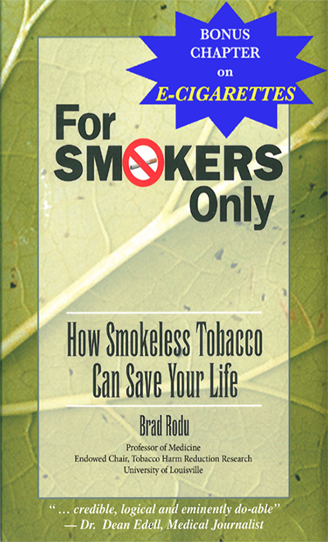A new study published in Public Library of Science One (available here) reports that two drugs widely prescribed to help smokers quit -- varenicline (brand name Chantix) and bupropion (brand names Wellbutrin and Zyban) - are associated with thoughts or acts of violence towards others.
The study was conducted by Thomas Moore at the Institute for Safe Medication Practices, and colleagues from Harvard and Wake Forest Universities. Moore et. al. analyzed data from the FDA Adverse Event Reporting System, extracting all serious adverse event reports for drugs with 200 or more cases received from 2004 through September 2009. The researchers focused on homicide, homicidal ideation, physical assault, physical abuse and violence related symptoms. They reported the number of events, as well as proportional reporting ratios (PRRs), which allows for comparison of the proportion of violence events for each medicine with the proportion from all other evaluable drugs (those in wide clinical use with adequate post-marketing surveillance).
Moore found that “among 484 evaluable drugs, 31 drugs met the study criteria for
a disproportionate association with violence, and accounted for 1527/1937 (79%) of the violence cases…Varenicline has the largest number of reported violence cases (n = 408), [and] the highest proportion of violence cases (PRR= 18.0).”
The PRR for varenicline was so high that it was in a class all by itself. As Moore and colleagues noted, “We have previously examined varenicline’s association with serious psychiatric symptoms including aggression/violence [references omitted]. The aggression/violence case series for varenicline was consistent with these data but revealed other features that may or may not occur in cases attributed to other drugs. These features include early onset of psychiatric symptoms (usually within a few days), a senseless act of aggression/violence directed at anyone who happened to be near by, and resolution of the symptoms upon discontinuation.”
Moore also found that bupropion, an antidepressant prescribed to aid smoking cessation, was also associated with violence, although at a much lower rate (35 episodes, PRR = 3.9). As he and his associates note, “bupropion is indicated for both depression and as an aid to smoking cessation, so those results are not limited to the smoking cessation population.”
Moore also studied pharmaceutical nicotine, which was associated much less frequently with violent episodes (11 cases, PRR = 1.9).
Tobacco prohibitionists like the American Cancer Society often claim that tobacco harm reduction is unnecessary, since medicines represent the gold standard for smoking cessation. This study demonstrates that the gold standard is substantially tarnished. At a minimum, the Cancer Society should update its website discussion of smoking cessation (here). The current version promotes varenicline and bupropion, but fails to mention the drugs’ possible side effect of violent behavior.
Tobacco and Vapes Bill - another stitch up
5 hours ago













